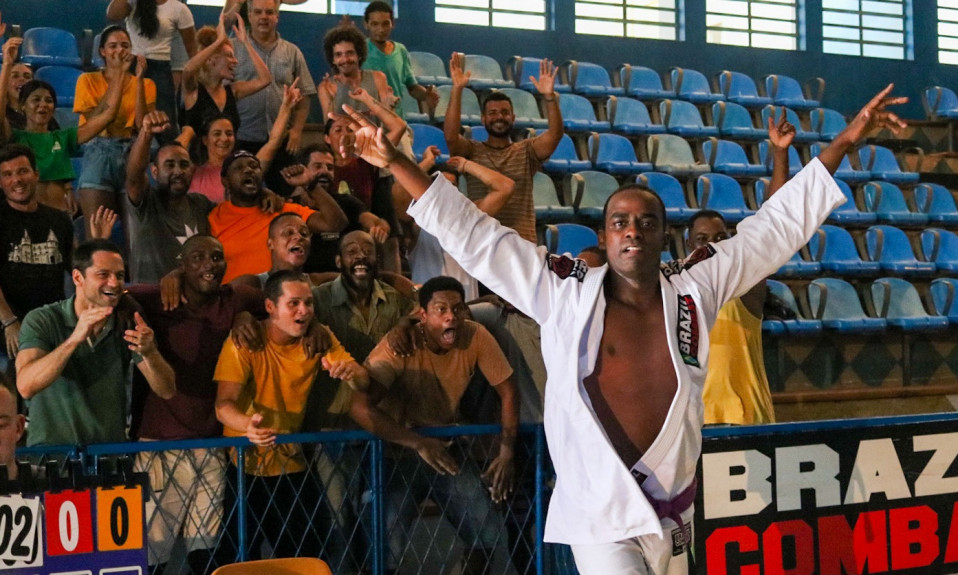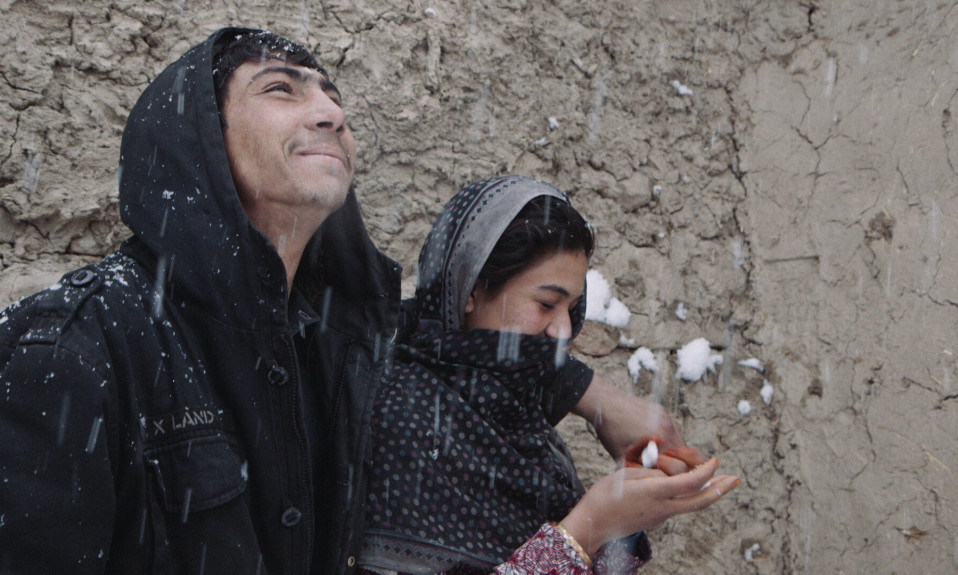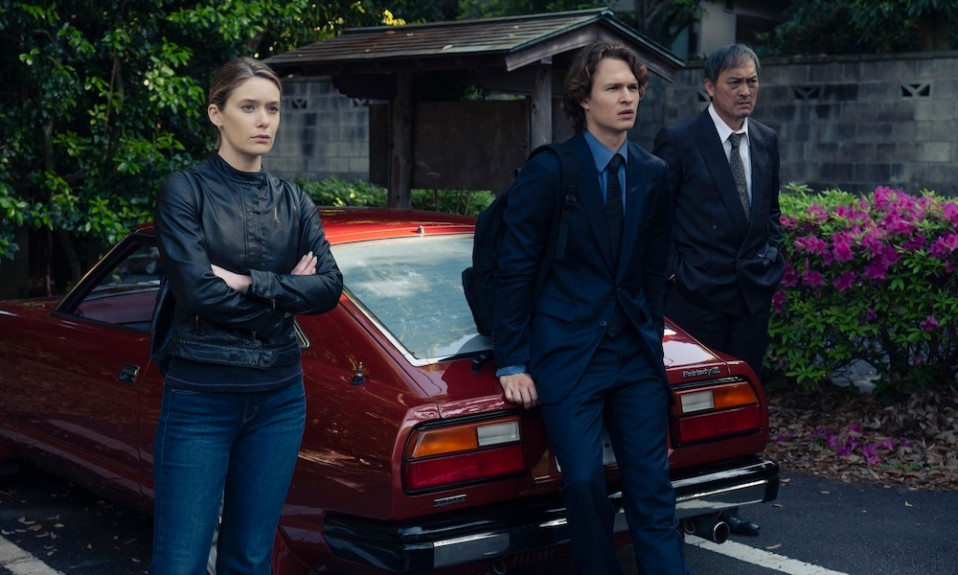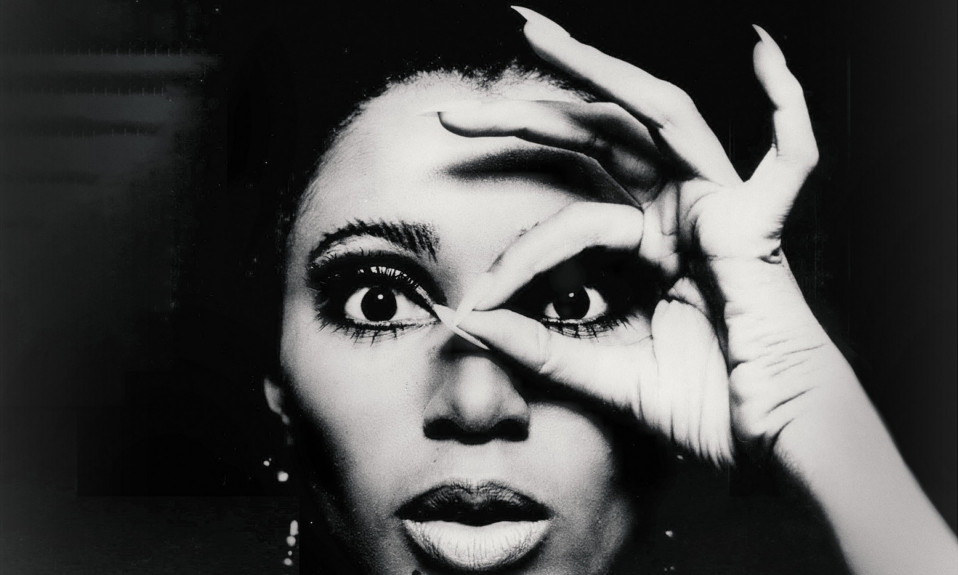Sports biography highlights Brazilian Jiu-Jitsu legend
The mat is improvised in a rooftop high up in the favela, afro-Brazilian kids and teenagers are following the assistant instructions and everything is supervised by their purple belt master, the afternoon sun shines the pristine calmness of white wearing gi pupils, but the moment is interrupted when one of them jokes that jiu-jitsu is useless in a street fight. The mentor interrupts with a smile on his face, calls the heckler and subtly demonstrates how to get out when one is grabbed from behind, therefore proving the essence of Brazilian Jiu-Jitsu, an art made for self-defense and not to impose violence on others.
The scene is from the HBO Max biography The Black Belt (O Faixa-Preta, 2022) released in the streaming service on March 17, telling the life story of Fernando “Tererê” Silva, a man who became a five-time world champion of Brazilian Jiu-Jitsu (BJJ) and also brought real improvements for the Cantagalo favela proving the benefits of the martial art that was once relegated to members of the elite society. Tererê’s struggle with schizophrenia and drug addiction also play an important part in the narrative and is portrayed skillfully by actor Raphael Logam.
Brazil has a difficult track record of mediatic portrayals of life in impoverished communities, in particular the favelas, and of black lives as layered individuals. The outside world knows about the quintessential City of God (2002), but when watching soap-operas the same institutions and artists who claim to be allies are still steps behind when it comes to diversity, especially considering Brazilian demographics. One of the positive points of Black Belt is taking that into account without being lecturing or preachy.
The movie directed by Caco Souza follows Joseph Campbell’s Hero’s Journey, and its first half plays like a sports biography while considering the background of its character as life in a favela comes with the joys, identity but also the violence brought by the drug game and turf battles with other gangs or law enforcement. Death is near them on many occasions, and PTSD and other illnesses, meanwhile Tererê, his family, friends and neighbors still have to find ways to navigate their ordeals and happy moments as the protagonist rises through the BJJ ranks.
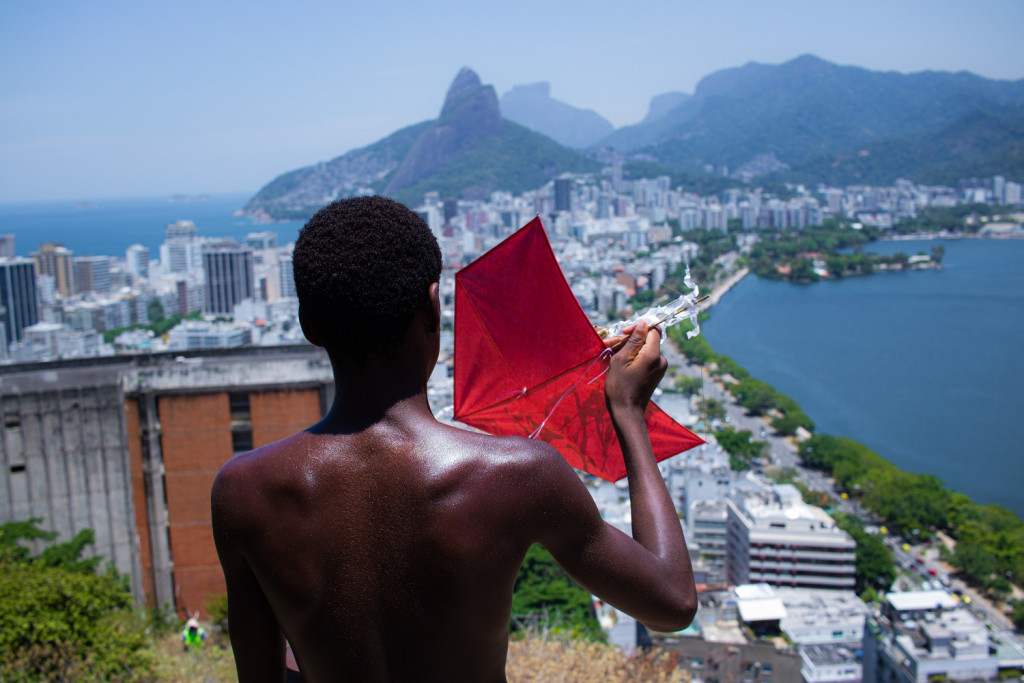
The many deaths and the resurrection of Tererê
Through a jiu-jitsu buddy Tererê is introduced to recreational cannabis and later after hitting a skunk, a more powerful variant, it affects him in a way that he loses everything in a professional trip to the USA that would make his name but ends with his detention by the FBI after an outburst in a plane from Miami to São Paulo.
This part is the one in which Logam shows his range. In Brazil, he has portrayed a methodical drug kingpin and has also shown his comedic skills, and here the actor presents a vulnerability that is exposed by the mental illness, drug addiction but also by police brutality and the absence of statal power, be it American or Brazilian.
It is a story of overcoming the odds as it follows Campbell’s stages, and the hero resurrects but only after falling further from cannabis addiction to crack cocaine. The picture shows people that can deal with their drug habits but also how those who can’t and the impacts on those around from family and community. It shows the drug issue without being judgmental.
As stated above Brazilian mainstream media shies away from what is pejoratively called “favela movies,” but those citizens are an integral part of the nation’s society that scarcely have their complex narratives told and when it is done, it exploits the violent aspects. In ‘Black Belt,’ people will see an Afro-Brazilian man who overcomes the odds many times not only for himself but also for those around him.
‘Black Belt’ also has a pleasing photography conducted by Abraão Oliveira and David Reis which makes the viewer feel that the characters are indeed in Rio de Janeiro and not in a generic studio city as can be seen when Tererê is abroad, which makes the city a character in the story as its peculiarities are important to understand the personality of Fernando Tererê. It can be said that the movie is also an important part of telling the recent story of Brazilian jiu-jitsu, a martial art that is vital to the MMA game.
The Black Belt is available now in HBO Max
Also Read: Interview: City of God’s Alexandre Rodrigues Discusses The Film’s Impact 20 Years Later


